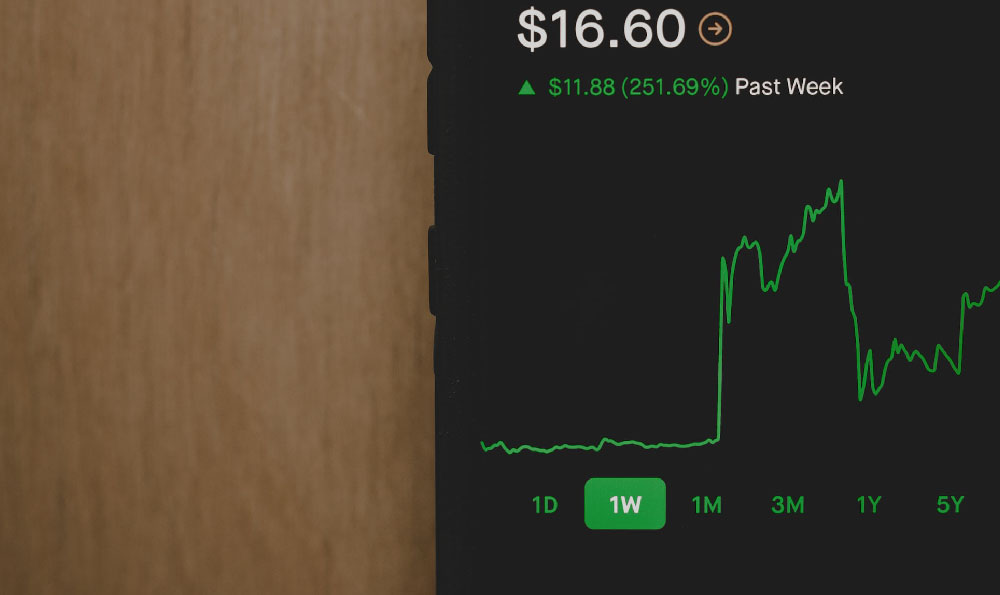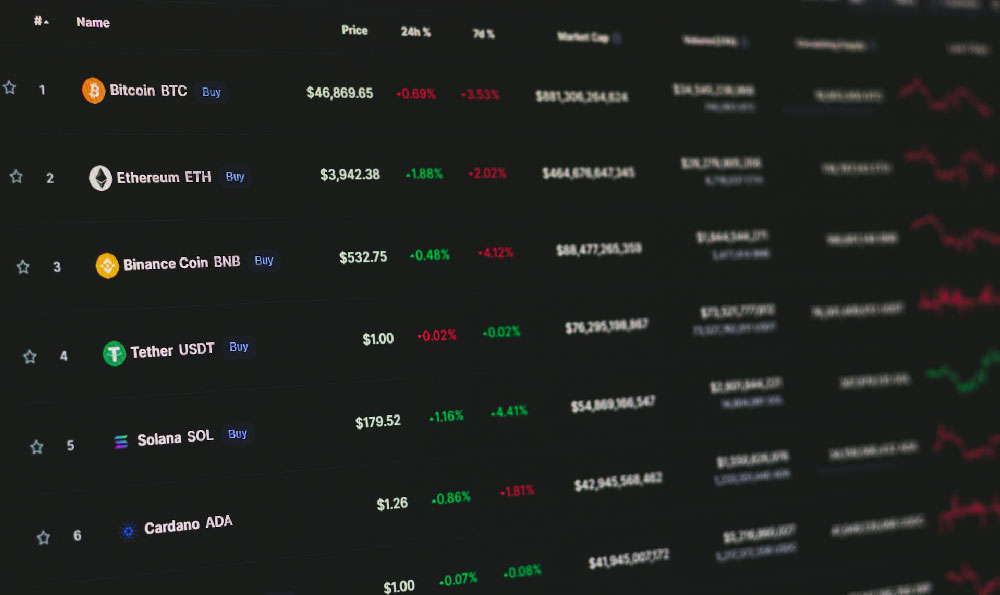How did Jake Paul make his money, and is it ethical?

Jake Paul’s ascent to financial prominence is a multifaceted story woven with threads of internet fame, entrepreneurial spirit, and, undeniably, controversy. Understanding the sources of his wealth and the ethical implications of his methods requires a deep dive into his various ventures and a critical assessment of their impact.
Paul’s initial foray into the limelight stemmed from his activity on Vine, a now-defunct short-form video platform. His comedic skits and often outlandish behavior garnered him a substantial following. This early success translated into opportunities on other platforms, most notably YouTube, where he further cultivated his brand. The YouTube channel became the bedrock of his early income, generating revenue through advertising, merchandise sales, and sponsorships. He capitalized on the platform's algorithm, often prioritizing sensationalism and controversy to maximize views and engagement. This strategy, while effective in building his audience, attracted criticism for its exploitative and sometimes offensive content.
Beyond content creation, Paul demonstrated a keen business acumen by establishing Team 10, a collective of young influencers living together in a Los Angeles mansion. This venture aimed to amplify each member’s individual reach while simultaneously building a larger, cohesive brand. Team 10 became a content-generating machine, producing videos, music, and merchandise, all contributing to Paul’s burgeoning wealth. However, Team 10 was also plagued by controversy. Allegations of toxic work environments, misuse of funds, and exploitative contracts surfaced, raising serious questions about the ethical treatment of its members. The dissolution of Team 10 further tarnished Paul's reputation and highlighted the potential pitfalls of leveraging young talent for financial gain.

A significant portion of Paul's wealth originates from his ventures into boxing. Initially perceived as a celebrity stunt, Paul's boxing career evolved into a legitimate, albeit unconventional, source of income. He leveraged his massive online following to generate significant pay-per-view sales and secure lucrative sponsorship deals. His fights, often against other celebrities or former athletes, attracted a wide audience drawn to the spectacle and the personalities involved. This foray into boxing is undeniably a success in terms of financial gain; however, the ethics surrounding it are debatable. Critics argue that his boxing career is a marketing ploy, capitalizing on the allure of violence and the competitive spirit for monetary profit. The narrative surrounding his fights often prioritizes entertainment over genuine athletic competition, blurring the lines between sport and spectacle.
More recently, Paul has ventured into the world of cryptocurrency and NFTs (Non-Fungible Tokens). He has promoted various cryptocurrency projects, some of which have been criticized for their lack of transparency and potential for manipulation. The ethical concerns surrounding his involvement in cryptocurrency stem from the inherent volatility and risk associated with these assets. By promoting specific projects to his impressionable fanbase, Paul risks exposing his followers to significant financial losses. Accusations of "pump and dump" schemes, where influencers artificially inflate the price of a cryptocurrency before selling their holdings for a profit, have been leveled against him, further fueling the ethical debate. The lack of regulation in the cryptocurrency space makes it particularly vulnerable to manipulation, and the responsibility of influencers to provide accurate and unbiased information becomes even more crucial.
Is Jake Paul's wealth ethically sourced? The answer is complex and nuanced. While his entrepreneurial spirit and business acumen are undeniable, the methods he has employed to accumulate wealth often raise ethical concerns. His prioritization of sensationalism and controversy in his content creation, the alleged exploitation within Team 10, and the potentially misleading promotion of cryptocurrency projects all contribute to a complex ethical landscape.
Ultimately, whether or not one deems his wealth ethical is a matter of individual perspective. Some may argue that he is simply capitalizing on opportunities and that individuals are responsible for their own investment decisions. Others may criticize his methods as exploitative and irresponsible, particularly given his large and impressionable following.
Looking ahead, the sustainability of Jake Paul's financial success hinges on his ability to adapt to evolving societal values and regulatory frameworks. Greater transparency in his cryptocurrency dealings, a commitment to ethical business practices, and a more responsible approach to content creation could mitigate some of the ethical concerns surrounding his wealth. The internet landscape is constantly shifting, and the strategies that brought him initial success may not be viable in the long run. Building a lasting legacy requires more than just financial success; it requires a commitment to ethical conduct and a consideration of the impact one has on society. He must evolve from a controversial figure to a responsible entrepreneur to truly cement his place in the business world.















